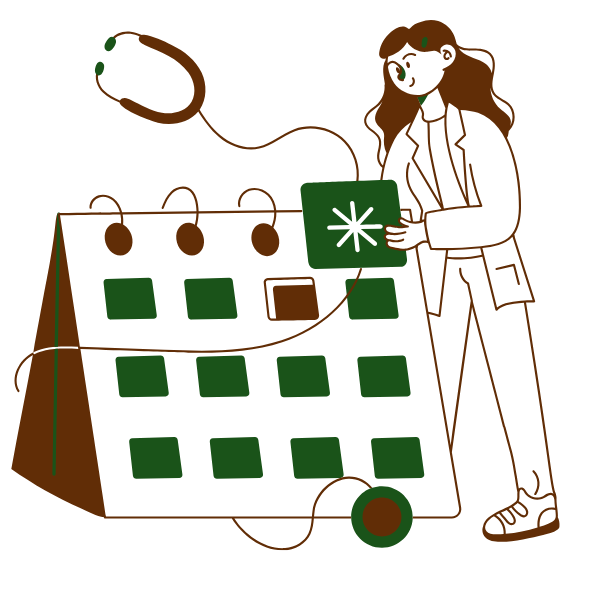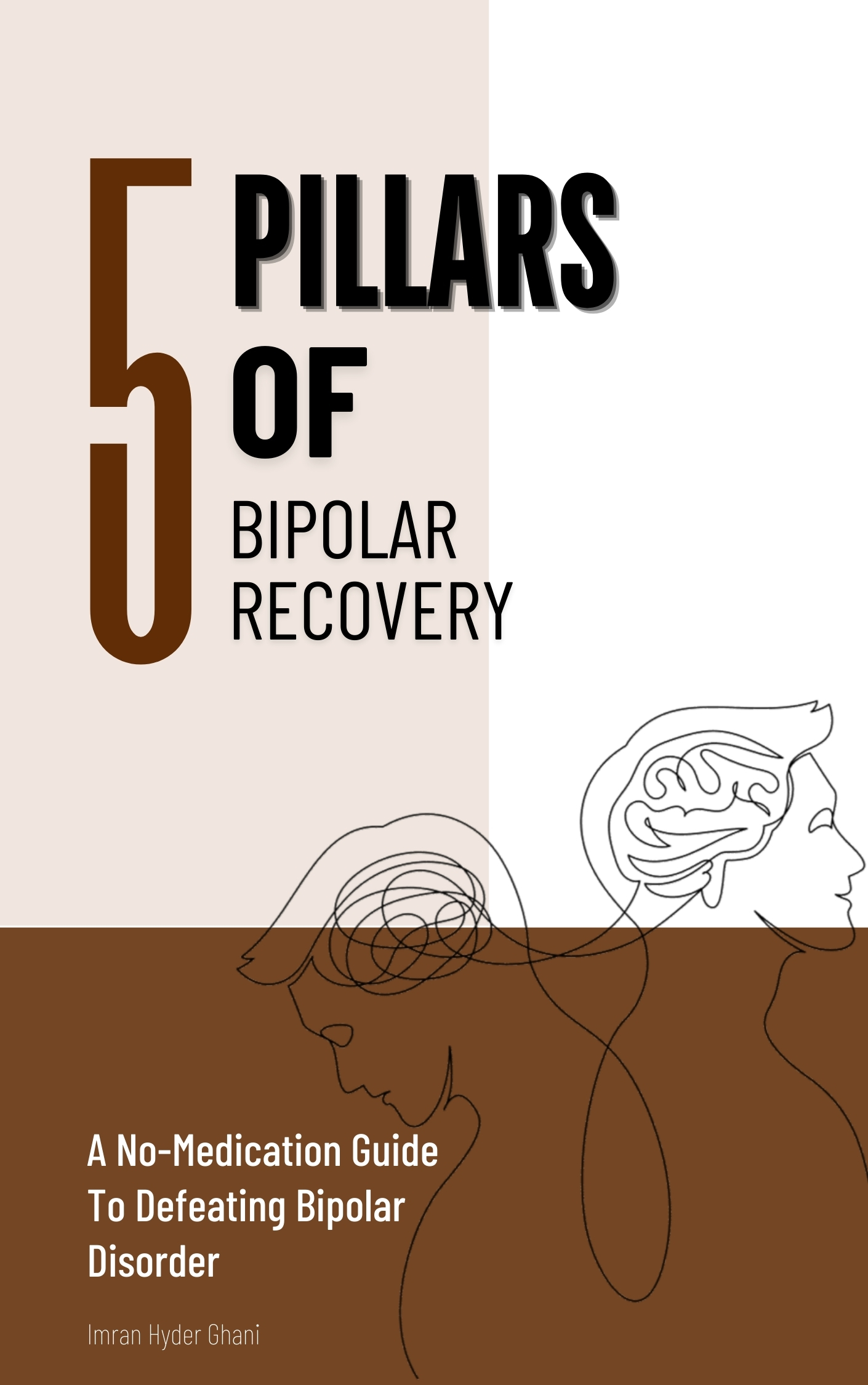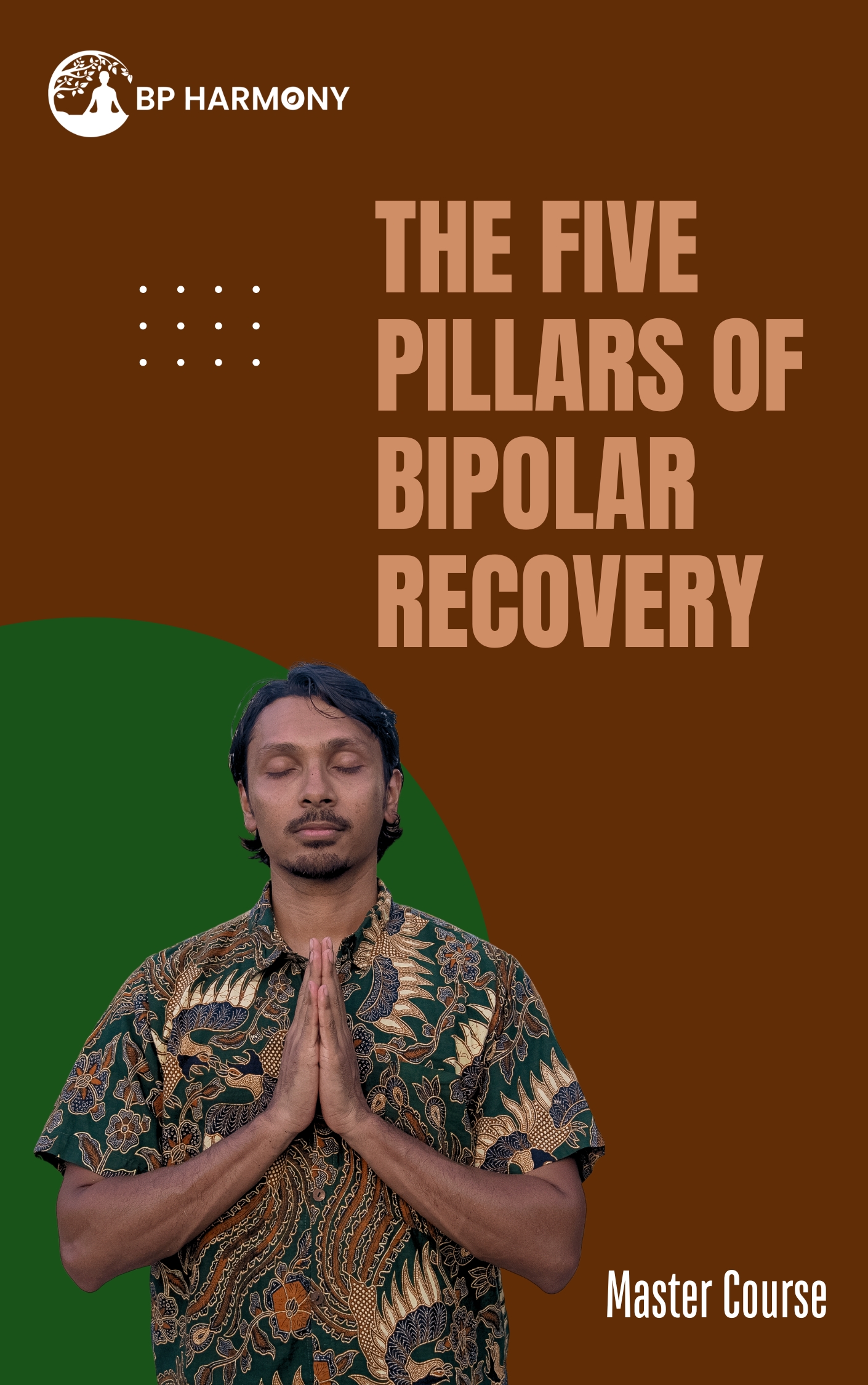Bipolar Disorder Treatments
Bipolar Disorder treatment involves the utilization of both Medication and Psychotherapies. In severe conditions, it is recommended to consult licensed psychiatrists and promptly initiate prescribed medications. Medications for BPD include Mood Stabilizers, Antipsychotics, and Antidepressants.

Explore our Medications section for essential guidance on managing bipolar disorder.

Concerning therapies for Bipolar Disorder, Cognitive Behavioral Therapy (CBT) is an effective type of therapy that has been proven to help people with bipolar disorder better manage their symptoms by changing how they think. You can develop new coping strategies by identifying and modifying negative thoughts or beliefs.

What is Cognitive Behavioral Therapy (CBT)?
Is CBT A Viable Replacement Option For Bipolar Medication?
- Better understanding of the emotions and patterns behind their behavior.
- Identifying things that may trigger them to feel worried or down, so they can take steps to avoid such situations.
- Building up their resilience and emotional strength to deal with difficult challenges more effectively.
How does CBT work at BPH integratively?
Our CBT coaches teach coping skills, recognize early signs of mood shifts, and promote better emotional regulation, working alongside medication, sleep hygiene, nutrition, movement, mindfulness, and community to improve overall treatment outcomes for bipolar disorder. Read more about our expert team here.
Does CBT Have Any Side Effects?
Does CBT Help Manage Mood Episodes?
- Recognizing Negative Thoughts
- Identifying Triggers
- Behavioral Activation
- Self-Help Strategies
- Problem-Solving Skills
- Monitoring Moods
Conclusion
Educational Resources on Bipolar Disorder
Educational Resources on Bipolar Disorder
Helping Over 100 Patients (And Counting!)
Imran is such a great yoga trainer! I had the opportunity to have some 1:1 sessions with him. He crafted a yoga routine that acommodated my knee pain as well as my beginner level experience with yoga.
H.KImran is a gentle soul with a purposeful vision of making a difference in the mental health space. I find his content insightful, engaging and most importantly authentic. Thank you, for your tenacity and for doing the much needed work in this space!
ANDREA MAUImran is an exceptionally talented individual. He was able to turn his life around from bipolar disorder. I witnessed his transformation. Based on his results I have also contracted him as my Yoga instructor. He is genuine, sincere, and has a true heart to serve others.
ALI PERVEZImran Ghani's book skillfully combines his Five Pillars—sleep, nutrition, movement, mindfulness, and community—to support recovery for those with bipolar disorder, anxiety, insomnia, and other modern challenges. A great resource for well-being.
KEITH KACHTIK


I recently had the chance to join imran in a few online and in-person training sessions and it was really helpful for me. Imran is knowledgeable, caring and has the unique ability to show the learner how to improve their practice.
PAPA DIALLO